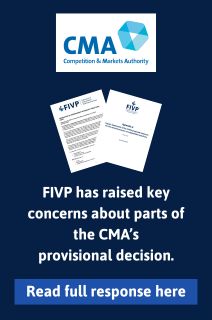
Although we’d all love to go through every working day without a client making a complaint, unfortunately it is inevitable that at some point we will have to deal with one. However, this doesn’t have to instantly fill us with fear and can be used as an effective teaching tool for the practice team.
Dealing with dissatisfied clients requires a blend of empathy, effective communication and problem-solving skills. Addressing these concerns in a prompt and considerate manner not only resolves the immediate issue but also helps build trust and loyalty with clients and can often help prevent the complaint escalating further. Here are several strategies for handling complaints within veterinary practice.
Active Listening and Empathy
Listening attentively to the client’s concerns is often the cornerstone of effective complaint resolution. Providing a space where a client can express their grievances and concerns will demonstrate empathy and understanding, without accepting responsibility before the situation has been investigated. You can acknowledge the client’s emotions and show genuine concern with what they have to say whilst listening to their initial complaint. This can often help to initially calm the situation and allow you time to investigate further.
Clear Communication and Prompt Investigation
Addressing complaints promptly is crucial. The sooner the issue is resolved the better the chance of retaining the client’s trust and satisfaction. You may need to take time to investigate the complaint within your practice and this should be explained to the client. It is useful to agree a timeframe for this with the client and always speak with them when promised, so they do not feel they are being ignored or forgotten. It is also useful to ask the client what they would like the outcome of the situation to be. Sometimes clients may want to be financially compensated, however it may be that they are looking for an apology and to ensure that nobody else has to go through the same experience. Doing this will also allow you time to determine your response.
Resolution
It is always important to come to a resolution with the client. This could include compensation as well as a sincere apology. However, it is important to make it clear that it is not an admission of guilt but a gesture of goodwill, as an acknowledgement of the distress the client has felt and to show that the practice values the client. It is often worth contacting the Veterinary Defence Society (VDS) to talk through options with them.
Document and Learn
Welcome complaints as an opportunity to learn about the service your clients are receiving, as learning from past incidents and mistakes can prevent them from happening again in the future. You can help your team to feel supported during these anxious times by implementing procedures and support for the future.
Not all complaints may be justified, however they may be useful tools for improving service quality and preventing further issues. By implementing strategies to deal with complaints and learning from past issues, we can navigate complaints more effectively, with less stress, leading to improved client satisfaction and stronger client bonds.



